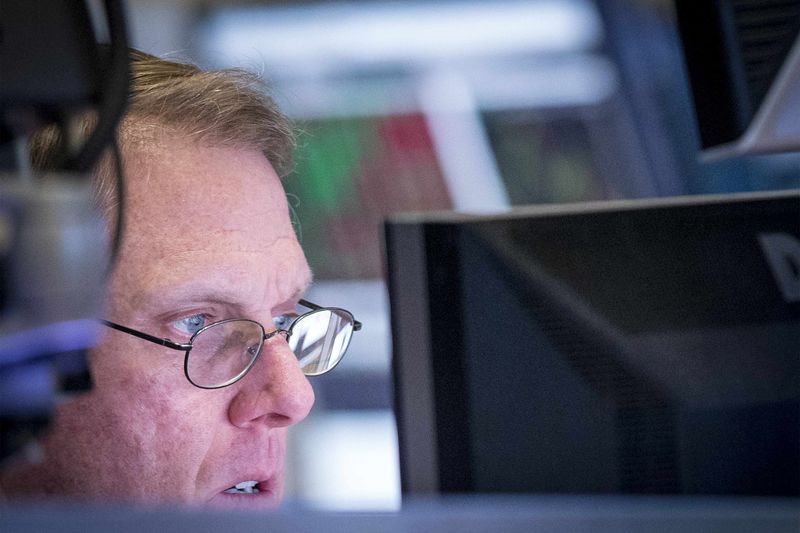The world is on the brink of a significant cooling crisis, with temperature-controlled buildings and refrigeration systems expected to explode in the coming decades.
Conventional cooling – such as refrigeration and air conditioning– is a major factor driving global emissions and electricity demand.
In response to this, the COP28 UAE presidency invited UNEP (United Nations Environment Programme) as the host of the 'Cool Coalition' to become the delivery partner to support the mobilization of transformative measurable commitments on cooling by state and non-state actors.
In January 2023, the COP28 President Designate and UNEP Executive Director officially announced this collaboration and the development of a Global Cooling Pledge, alongside the climate advisor to the UN secretary-general and ministers from several countries.
The Global Cooling Pledge has received the endorsement of a wide range of parties, including 28 governments, 13 local governments, 30 private sector entities, 5 academic institutions, 33 civil society organisations and 7 partner UN agencies.
Cooling demand set to triple by 2050
The Pledge aims to ensure that the global cooling sector becomes more sustainable and efficient, reducing cooling-related emissions by at least 68% below 2022 levels by 2050 and increasing access to sustainable cooling technologies by 2030.
According to the UNEP-led report, titled ‘Global Cooling Stocktake’, the cooling sector currently accounts for 10% of global greenhouse gas emissions, with demand expected to triple by the year 2050.
The report cites thermal comfort applications in buildings, and the processing and storage of food, pharmaceuticals and other products, as the major contributors to increasing cooling demands.
To address this, the Global Cooling Pledge outlines a framework for the planned transition to healthier, cost-effective cooling systems.
This includes the adoption of more energy-efficient cooling technology, the use of cleaner alternatives to damaging refrigerants, improving the management and use of coolants, and creating policies to promote sustainable cooling.
The Pledge will also encourage investment in research and development to advance the use of innovative technology and sharing of best practices by participating stakeholders.
Australia cannot achieve net zero without addressing cooling emissions
Sam Ringwaldt, CEO of Australian climate tech startup Conry Tech, says it would be scandalous if Australia did not sign the pledge.
He said: “Unlike other nations including the UK, US and Denmark, Australia has yet to signal its intent to sign the voluntary pledge, and currently has no “cool champions” supporting the initiative.
“It would be scandalous if we did not sign the pledge at the very least. We arguably should have been one of its main authors. We already meet many of the requirements in the draft pledge and the simple fact is that Australia cannot meet its 2050 net zero targets if it does not address cooling emissions. COP28 is a unique chance for Australia to lead the rest of the world on an important climate change issue, rather than lag behind as we often do.
“Cooling enables us to live our lives in comfort, and keeps Australia productive, but we cannot ignore its environmental impact. Cooling technology consumes 25% of all electricity generated in the country and, in the summer months, puts immense strain on the grid. In 2019, extreme summer energy use contributed to blackouts in Victoria. We urgently need to reduce cooling electricity use and associated emissions.
“It’s also important to note the ways in which Australia is fundamentally different to the countries unlikely to sign up to the pledge. Developing nations such as India may not sign the global cooling pledge due to the perceived financial costs of installing modern, more energy efficient cooling technologies. Australia should have no such concerns. Quite the opposite, we have a track record with air-conditioning innovation and should be bringing affordable, efficient air-con to developing nations who need it most.”
